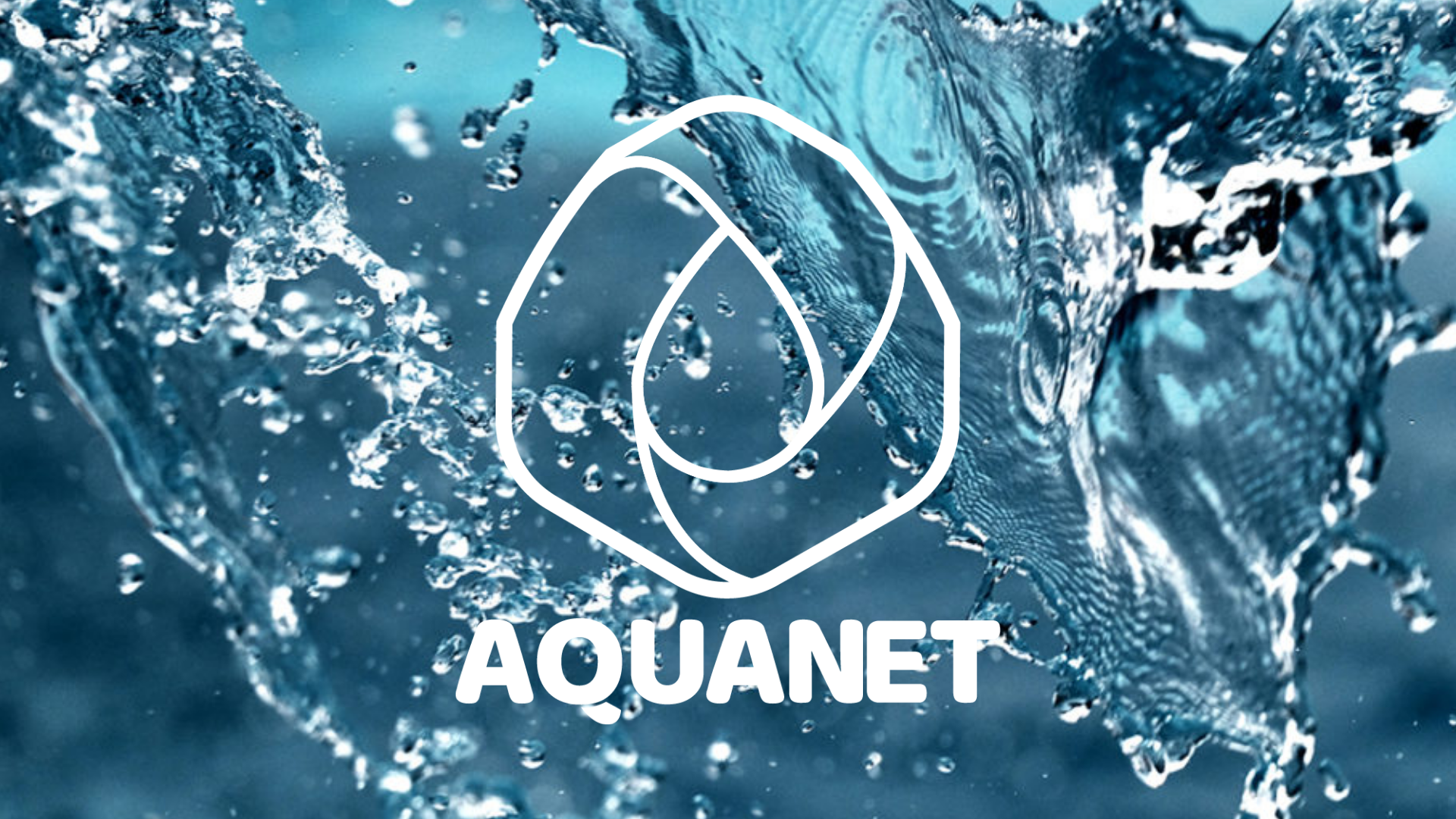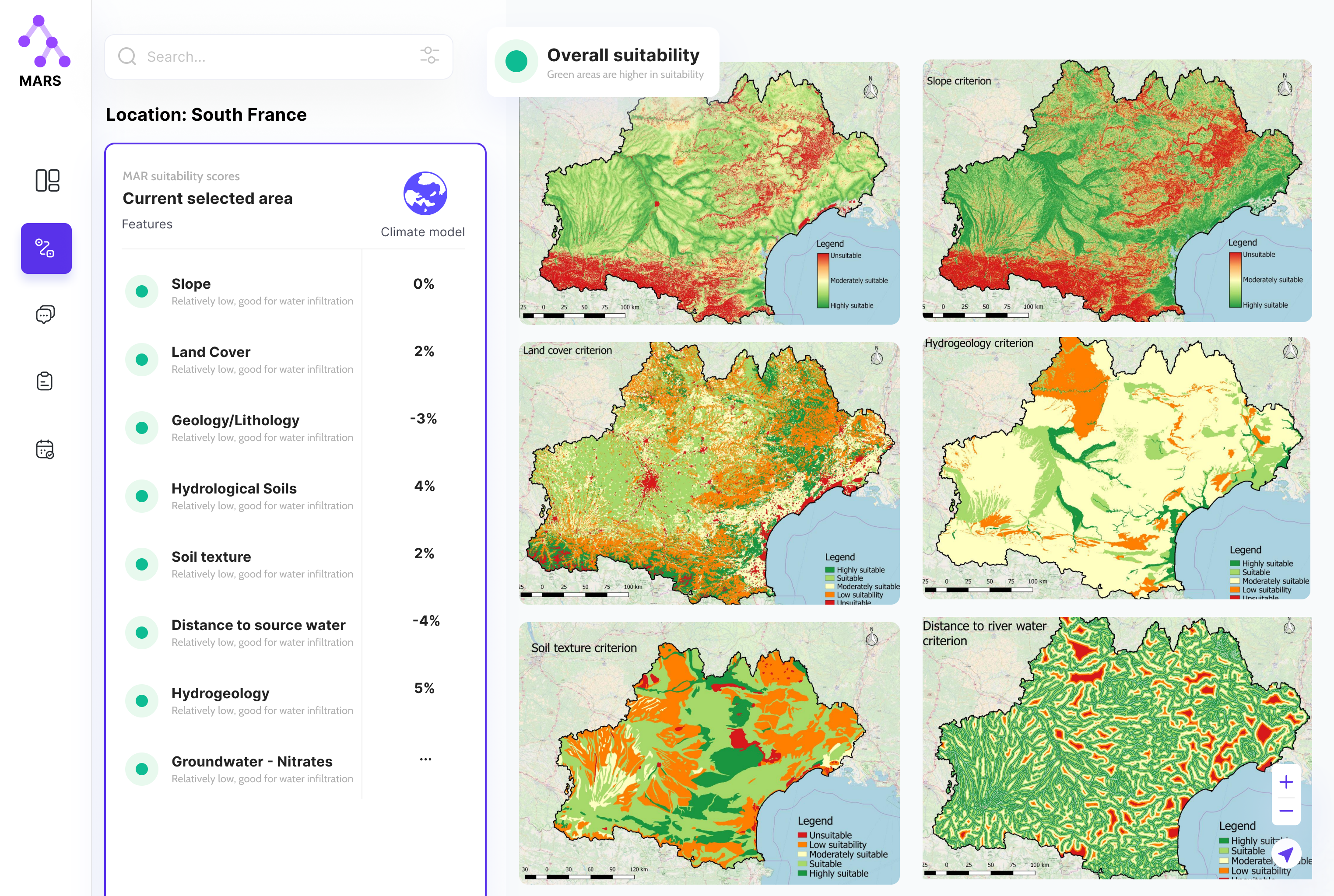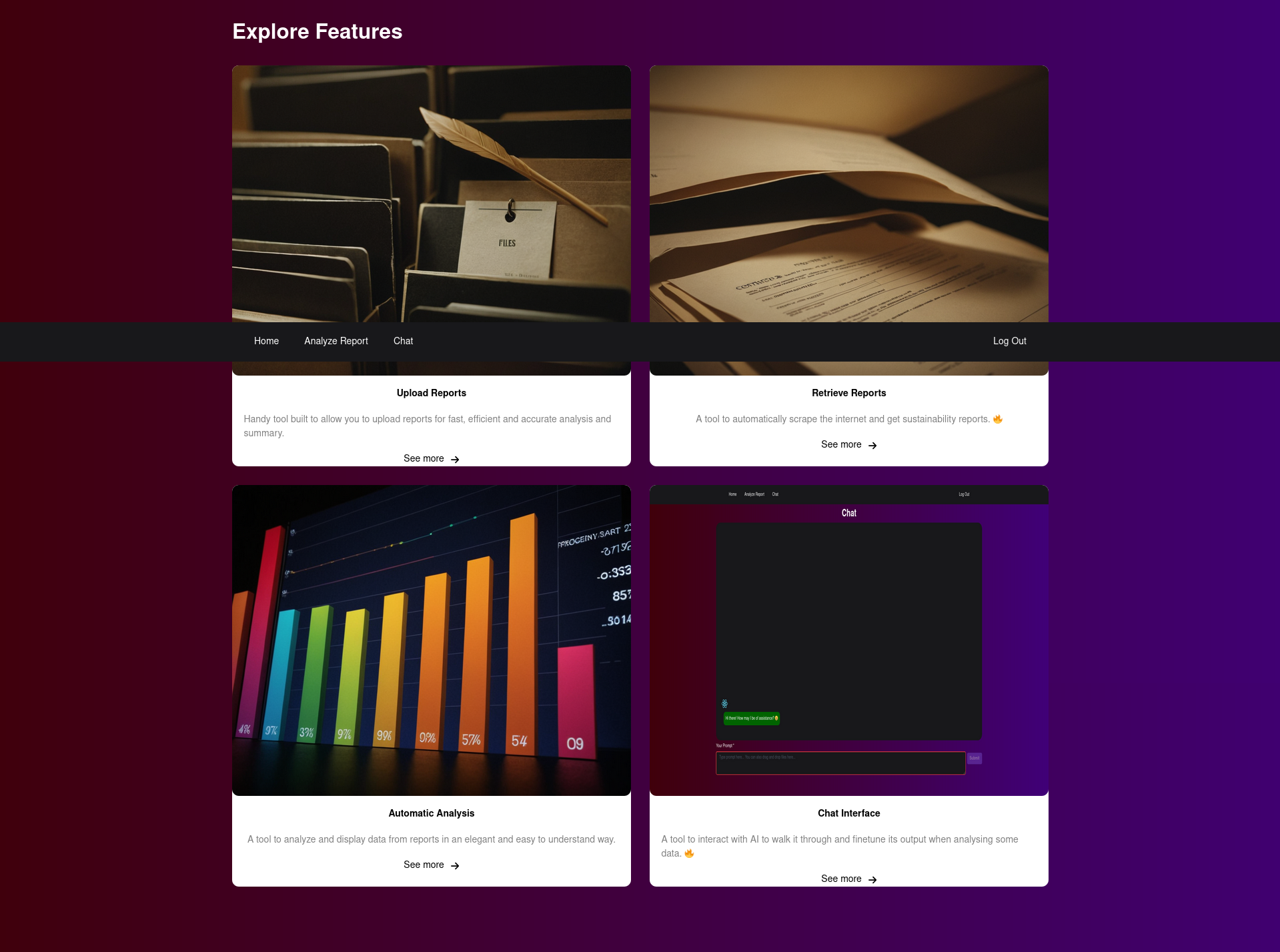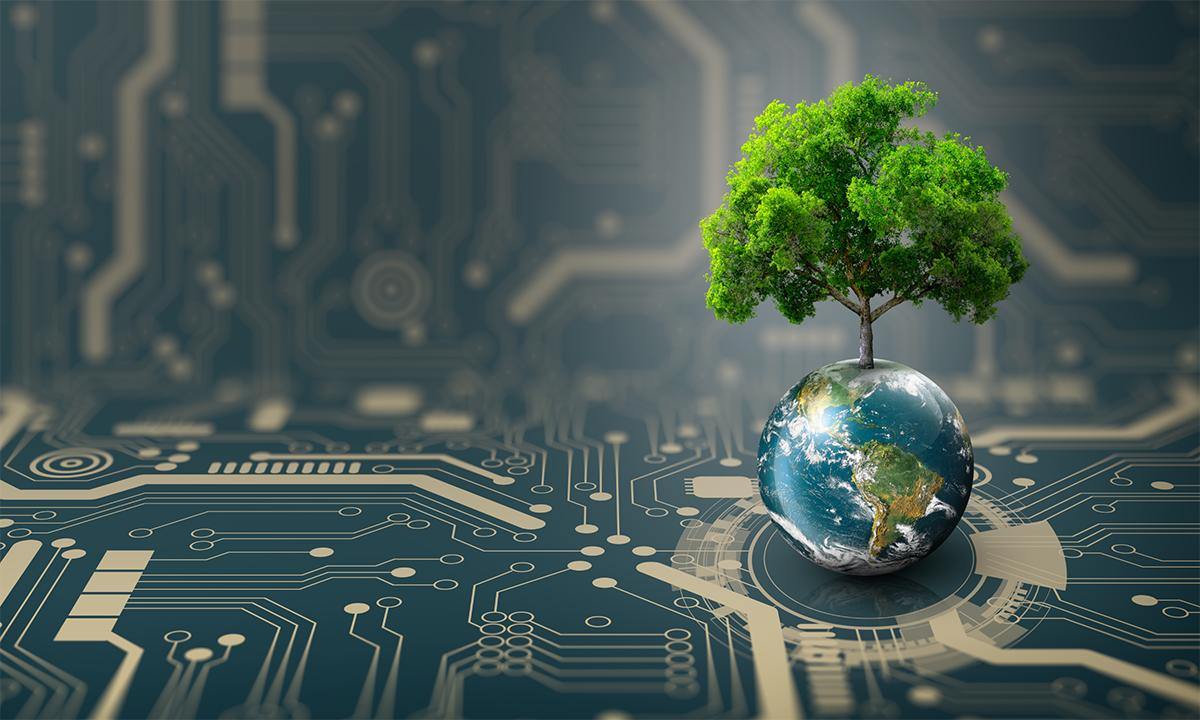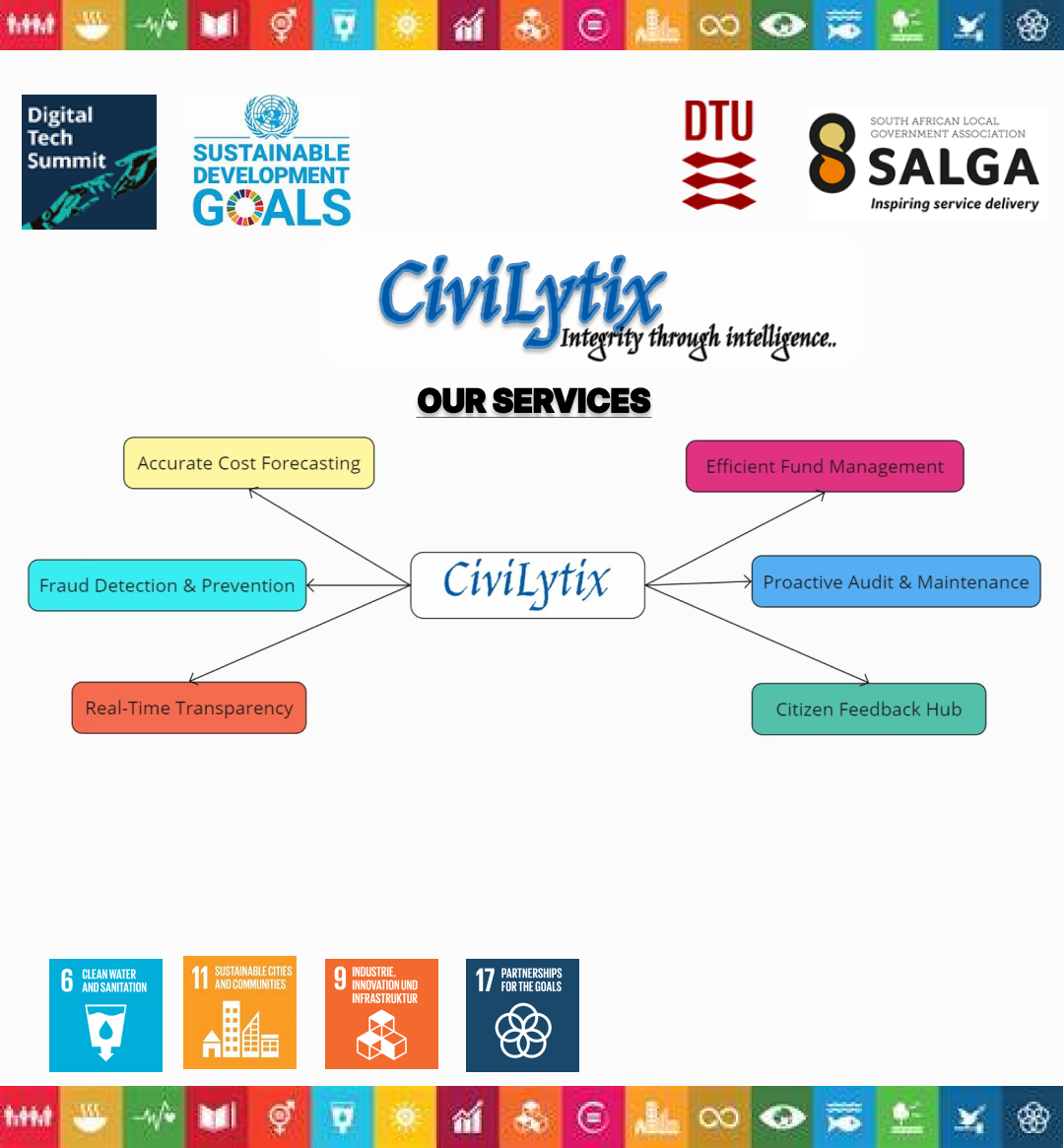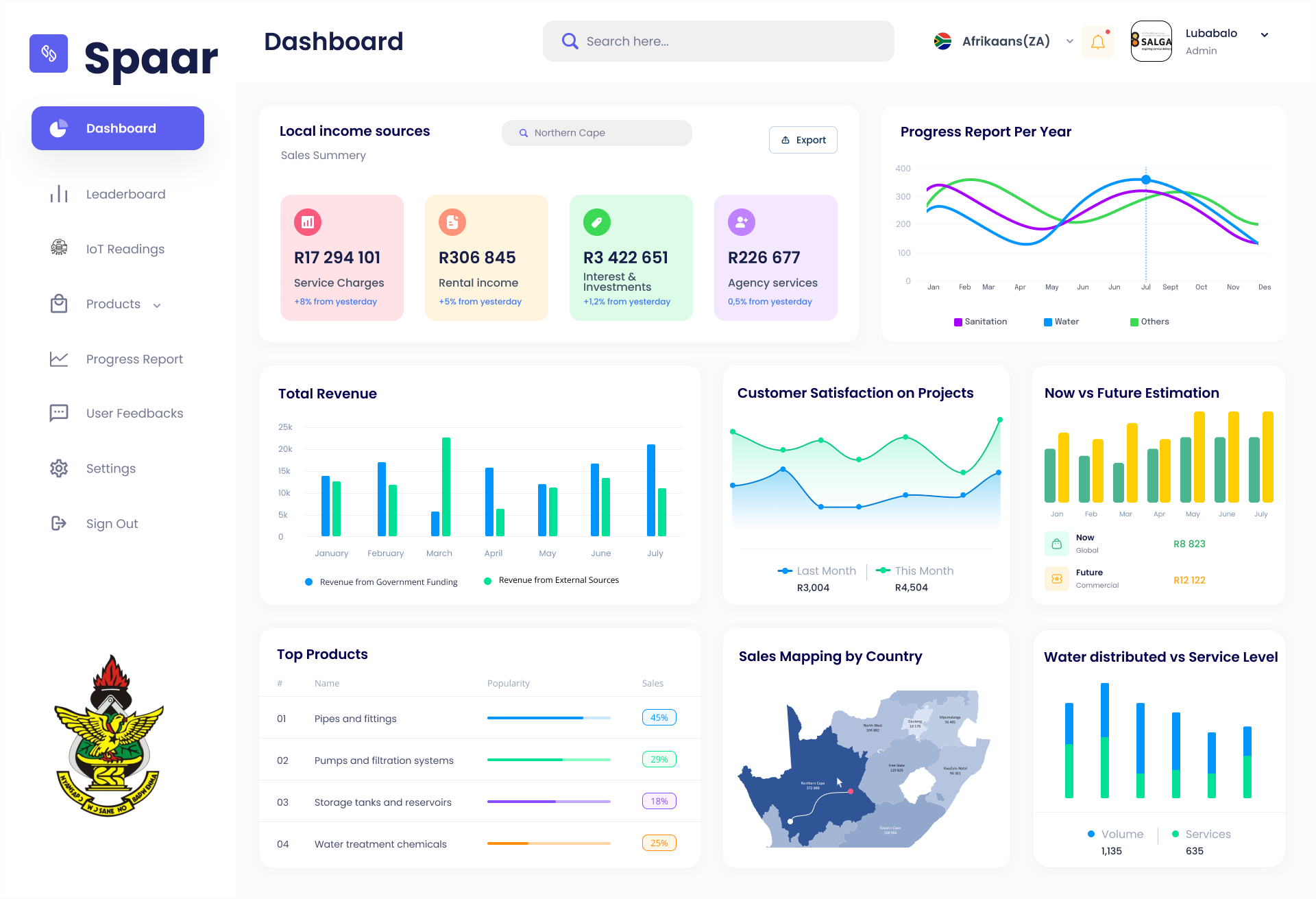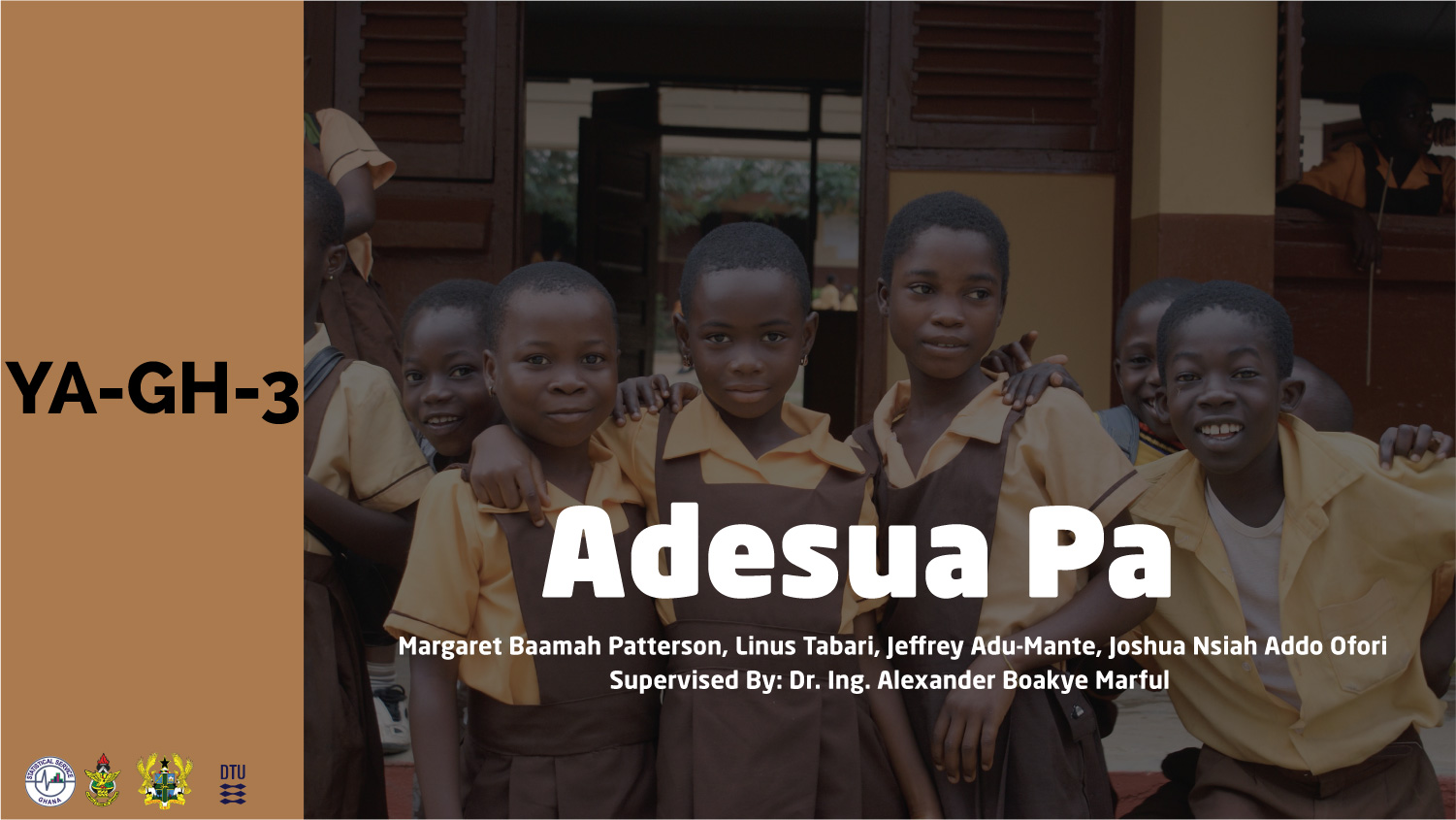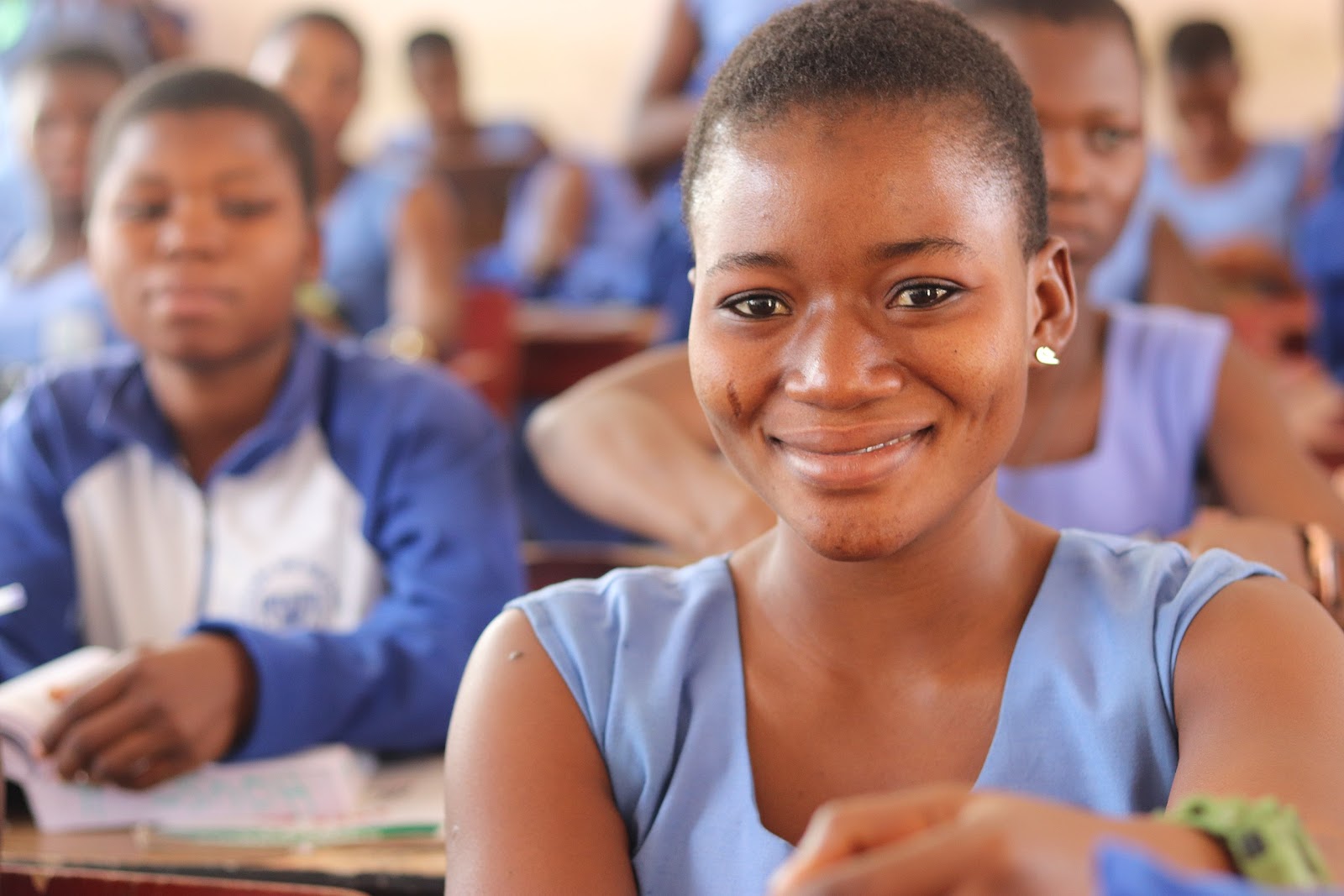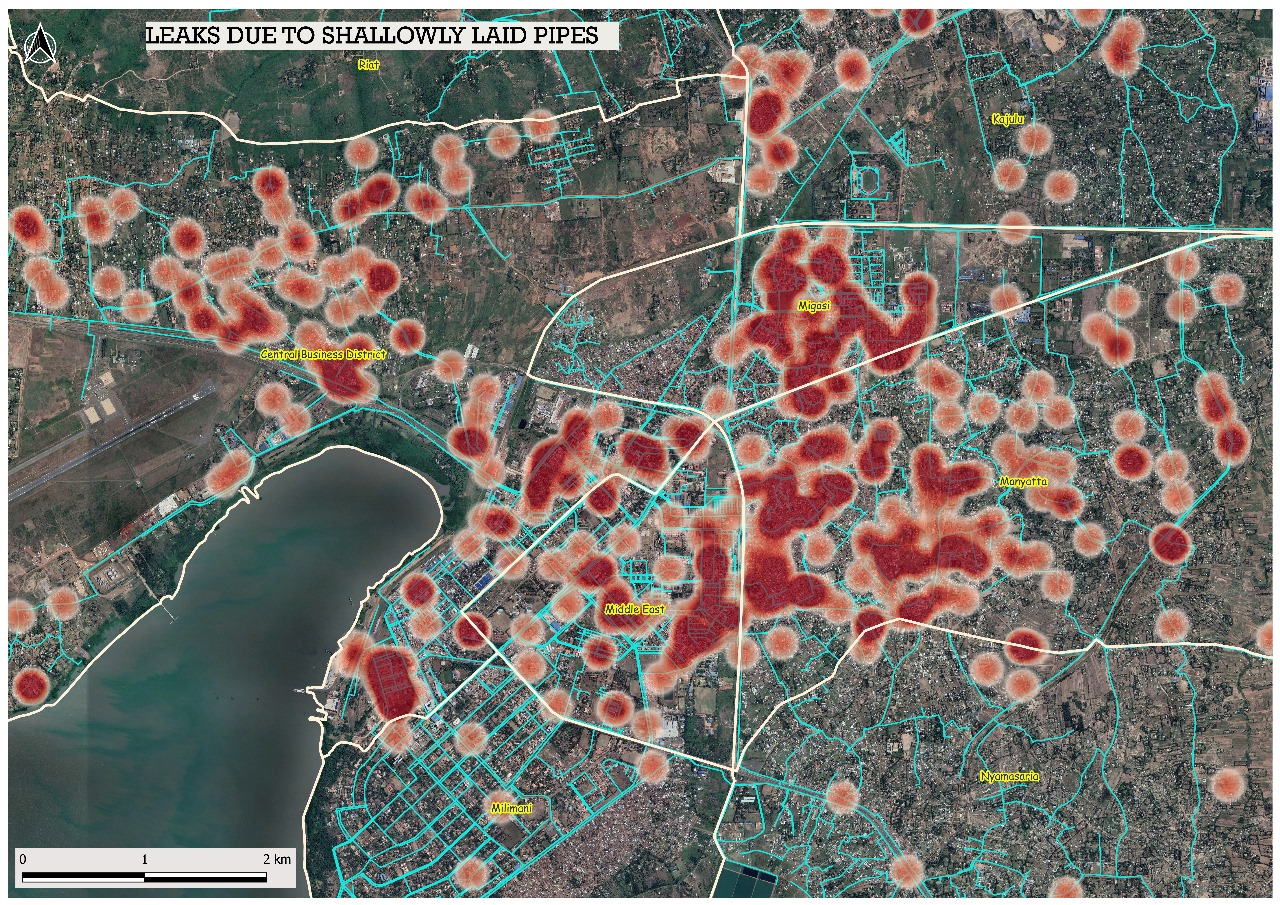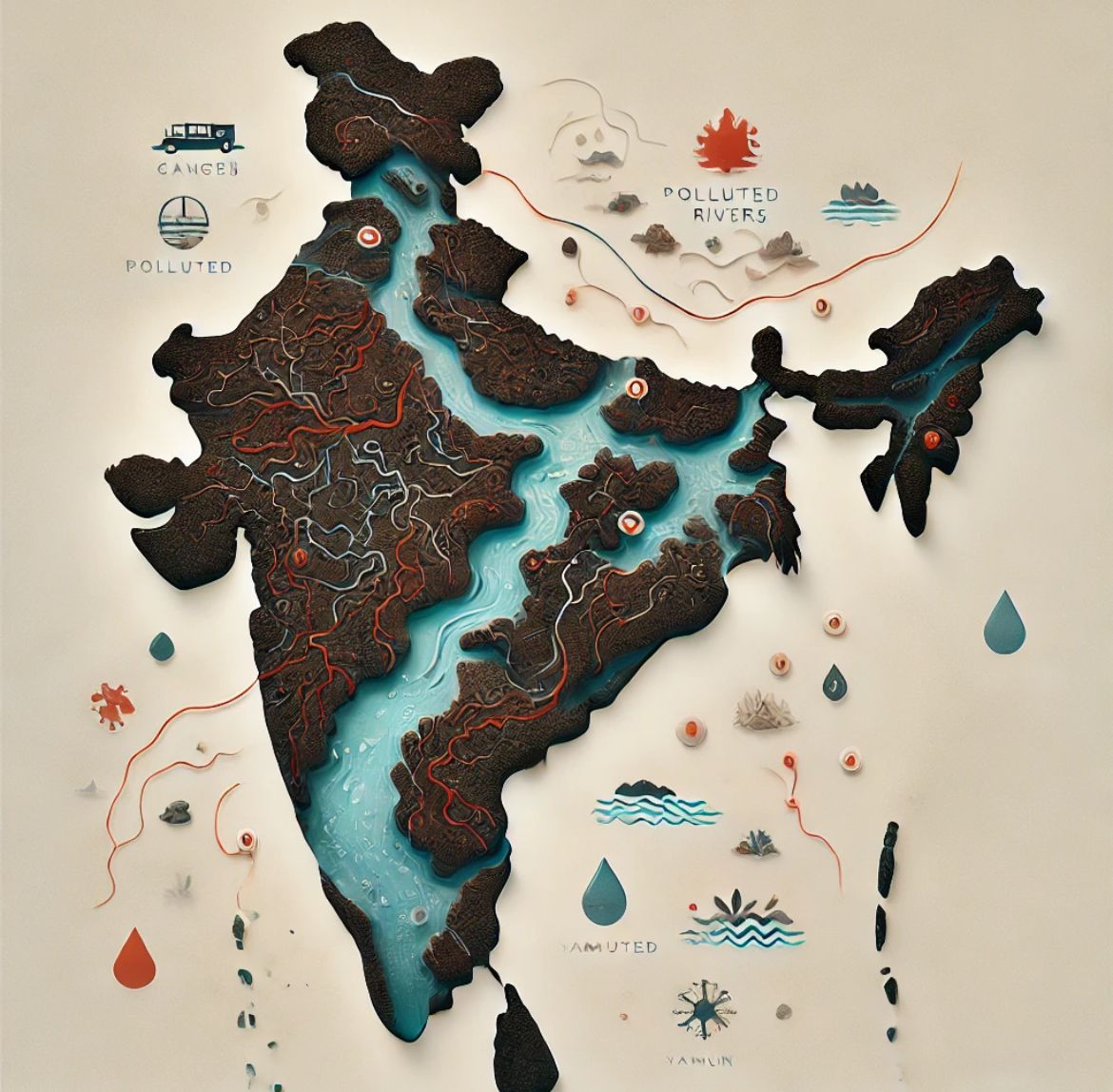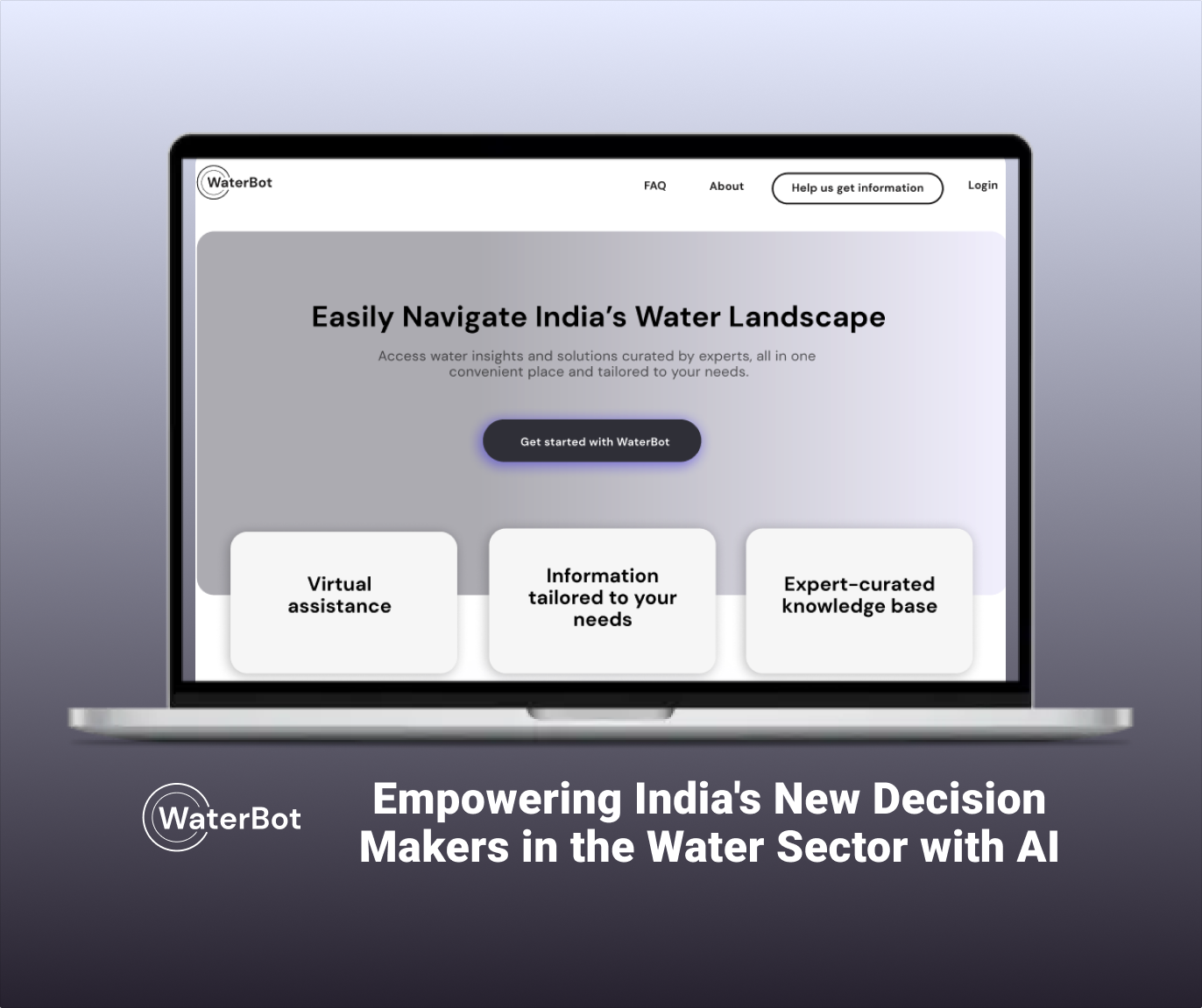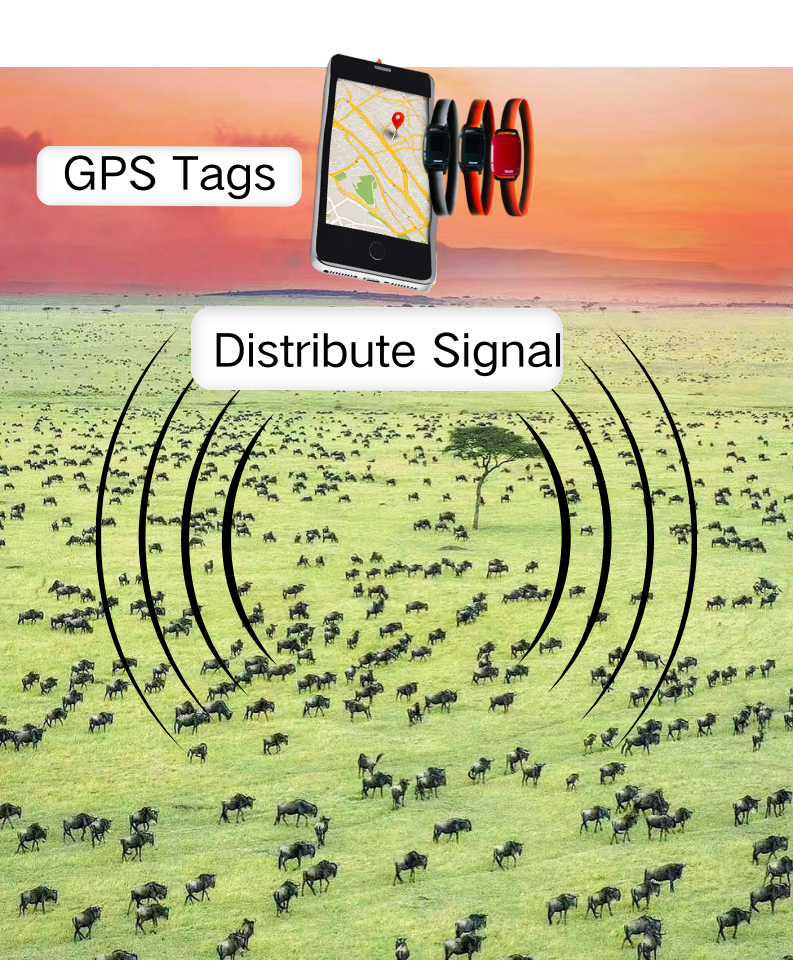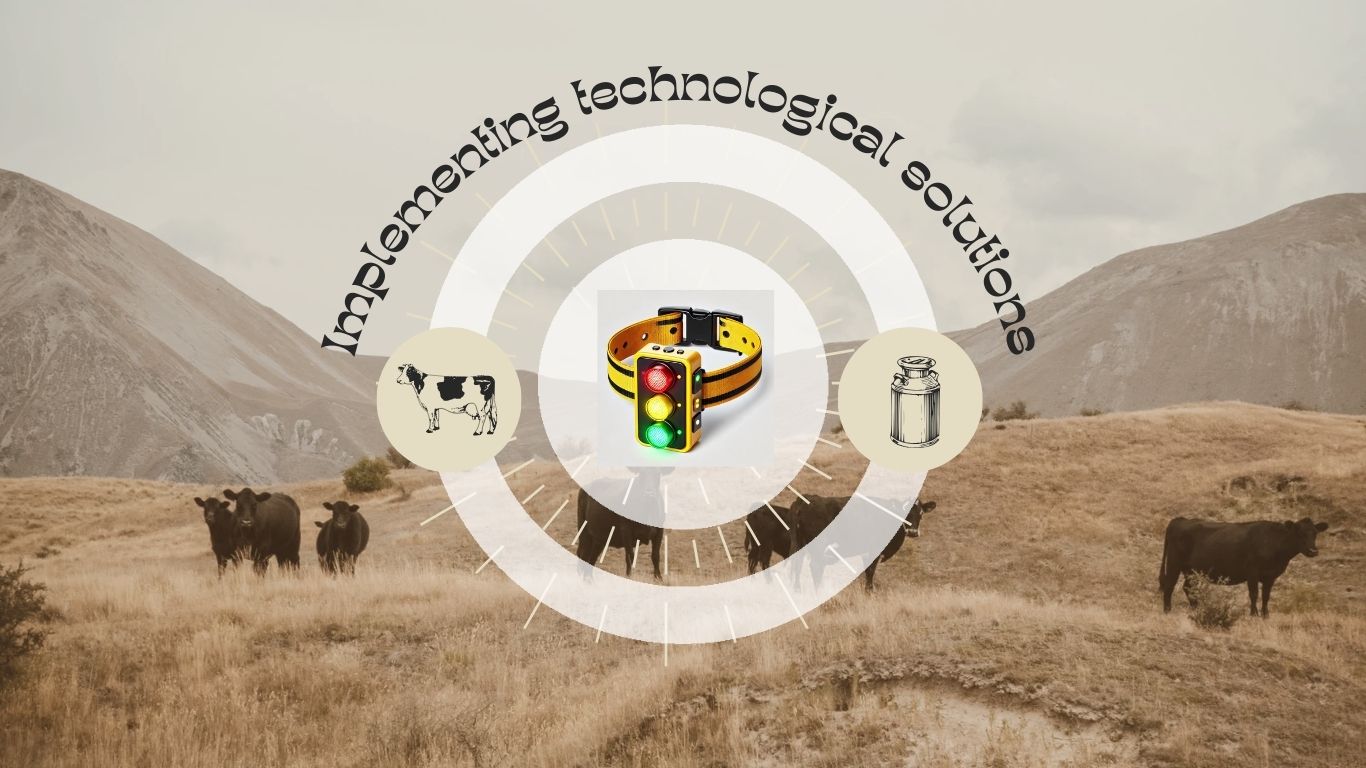Young Academics Track
Students teams from Denmark, Korea, India, Kenya, Tanzania, South Africa, Ghana, Colombia and Mexico will be selected to join this unique and exiting innovation journey
Challenge-based Learning
The Young Academic Track focuses on challenge-based learning, where university students from partnering countries work in teams to develop their ideas and solutions to one of 6 sustainability challenges. The sustainability challenges are brought forward by global partners and the selected student teams will be provided with a detailed challenge brief along with direct contact and mentorship from the challenge partners.
More info
Program
The Young Academics Track takes students through an innovation journey consisting of a 3-week hybrid development period and a week together in Copenhagen sharing ideas and perspectives, and joining the Digital Tech Summit.
Development
During the 3-week development period, the students develop solutions to given sustainability challenges. The process is divided into four phases; Scoping, Ideation, Execution, and Delivery.
During the Scoping phase, the student teams challenge the given challenge, gaining a deeper understanding of it and identifying which aspects of the challenge they want to address.
During the Ideation phase, the student teams generate different solutions to their chosen scope.
During the Execution phase, the student teams consolidate their ideas into a single concept.
During the Delivery phase, the student teams test and further specify their concept before delivering a blog post describing their final solution.
Summit
Student teams and supervisors are invited to Copenhagen for an eight day program joining workshops, visiting local partners and sharing their ideas at the Digital Tech Summit.
Main objectives
The tracks main objective is to equip students with key competencies to work with external partners in a semi-facilitated global innovation journey to turn a sustainability challenge into a solution that they will pitch and present at an international congress for feedback and acceleration.
Learning objectives
A student who has met the objectives of the track will be able to:
- Demonstrate an understanding and application of an innovative and entrepreneurial mindset
- Select and apply adequate methods and tools for working in the different stages of an innovative development process
- Explain and apply the principles of universal design
- Contribute with own disciplinary background in the different stages of the innovation process
- Develop and test prototypes to validate technical and business hypotheses
- Create a business plan and make a pitch
- Create a plan for congress participation and inviting for partnerships
- Give and receive constructive and appropriate feedback to and from team members and international teams
- Communicate the design of a fitting innovation concept in relation to the problem at hand to relevant stakeholders
- Present and drive forward ideas into an international congress
Challenge 1
Leveraging emerging digital technologies to strengthen water security with Managed Aquifer Recharge

How might we use emerging technologies to strengthen water security with Managed Aquifer Recharge?#
-
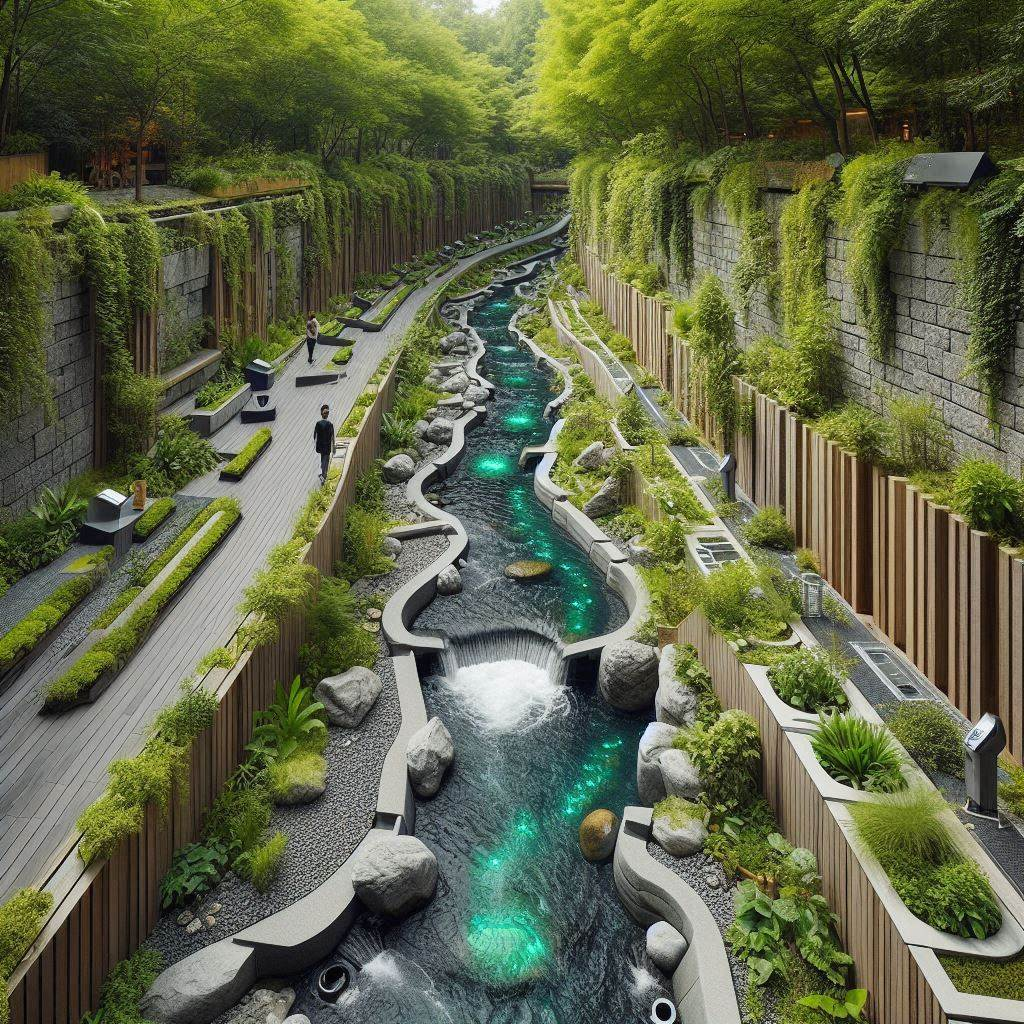
Colombia 3
Challenge 1: Leveraging emerging digital technologies to strengthen water security with Managed… ➔
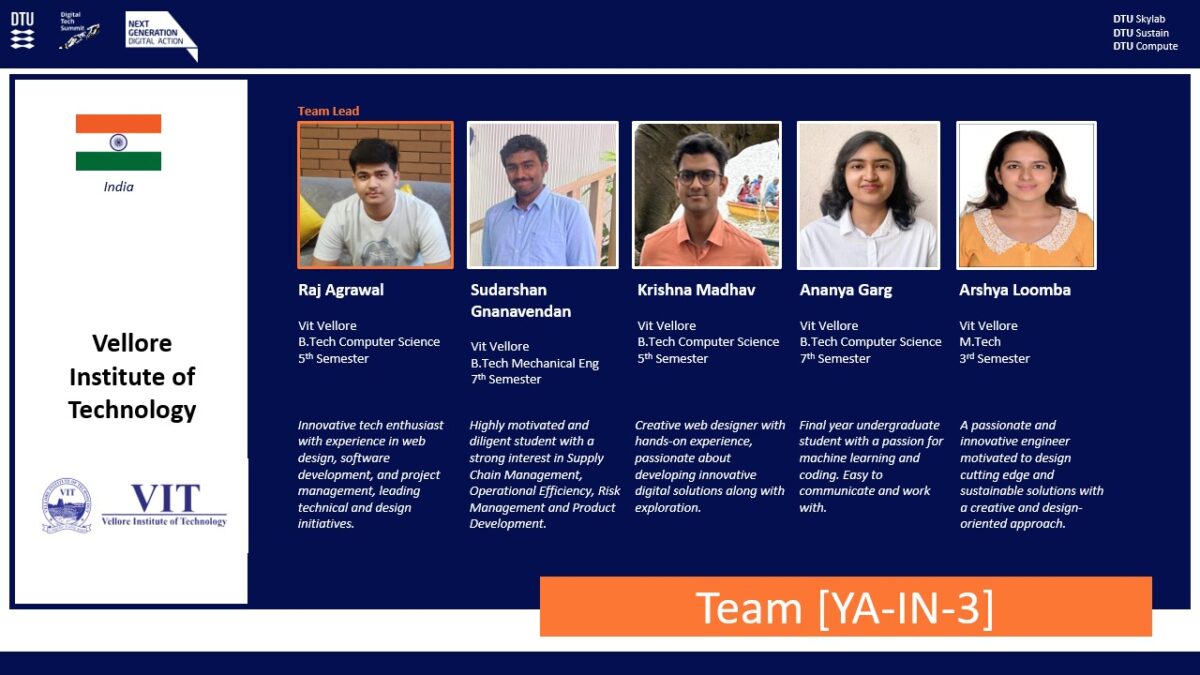
![Team [YA-CO-3]](https://2024.nextgenerationaction.com/wp-content/uploads/Slide6-1200x675.jpg)
![Team [YA-MX-1]](https://2024.nextgenerationaction.com/wp-content/uploads/Slide7-4-1200x675.jpg)
![Team [YA-KR-1]](https://2024.nextgenerationaction.com/wp-content/uploads/Slide4-1-1200x675.jpg)
Challenge 2
Empower global sustainability practices through the transparency of publicly available online data
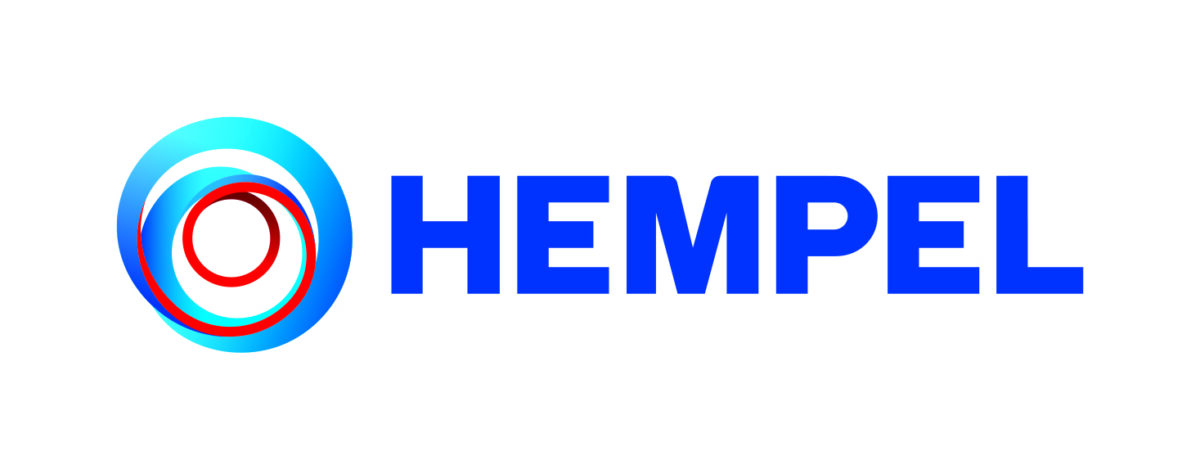
How might we empower companies to develop sustainability value propositions that are directly linked to market demand?#tags
-

South Africa 2
Open-Source Sustainability Platform Introduction How might we create an open-source platform that… ➔
-
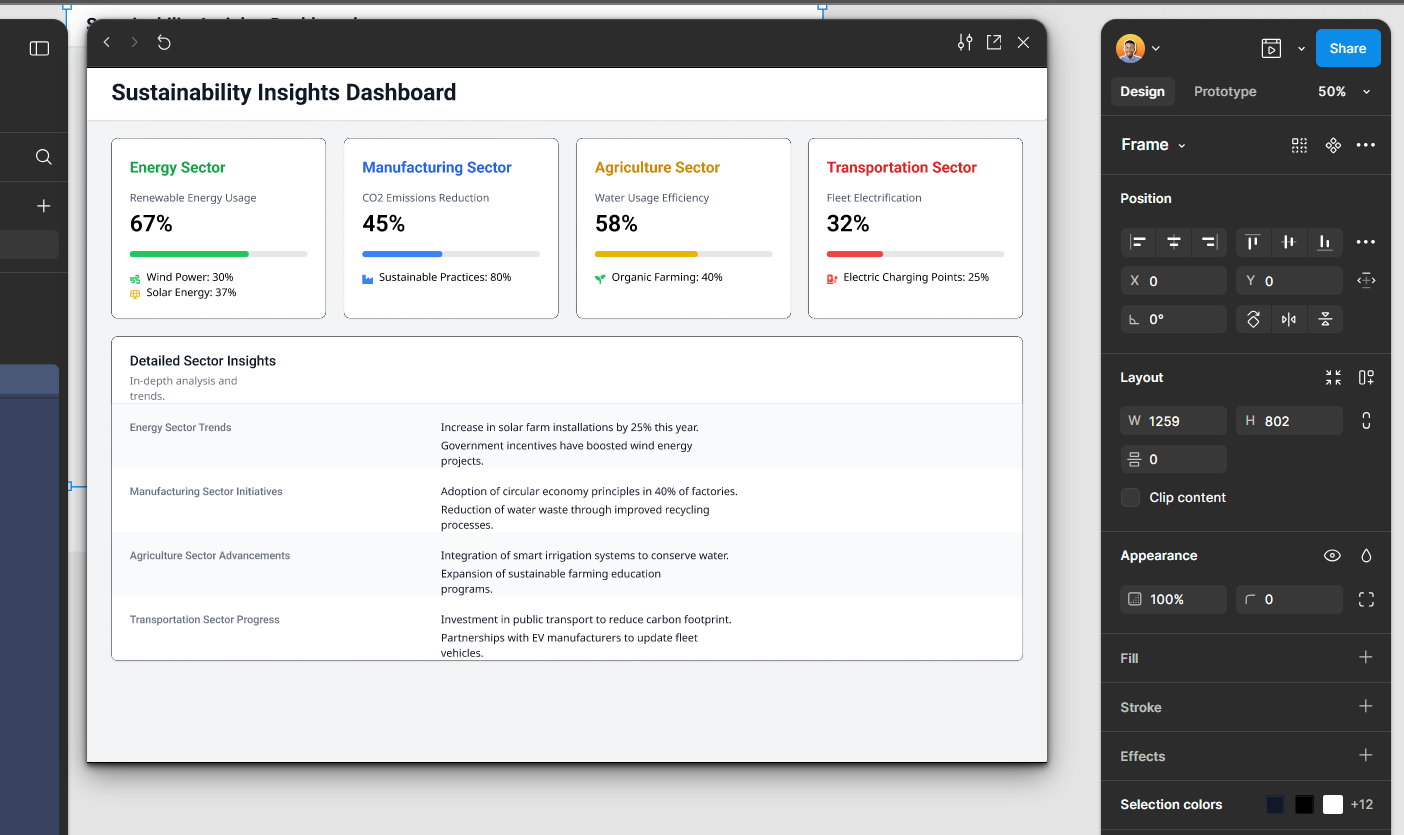
Tanzania 2
Driving Global Sustainability Through Transparency: Unlocking the Power of Publicly Available Data… ➔
![Team [YA-KE-3]](https://2024.nextgenerationaction.com/wp-content/uploads/Slide10-1200x675.jpg)
![Team [YA-GA-1]](https://2024.nextgenerationaction.com/wp-content/uploads/Slide13-2-1200x675.jpg)
![Team [YA-SA-2]](https://2024.nextgenerationaction.com/wp-content/uploads/Slide12-1200x675.jpg)
![Team [YA-TA-2]](https://2024.nextgenerationaction.com/wp-content/uploads/Slide11-1200x675.jpg)
Challenge 3
Leveraging Artificial Intelligence and Machine Learning for Water and Sanitation Infrastructure Project Pricing
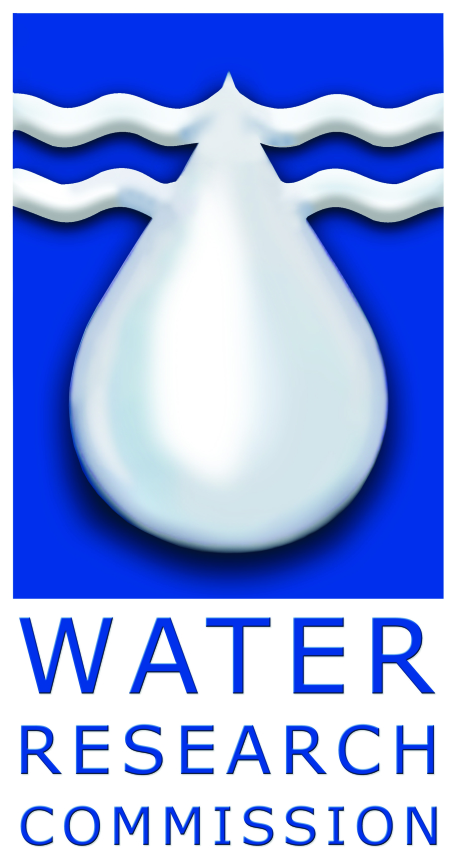
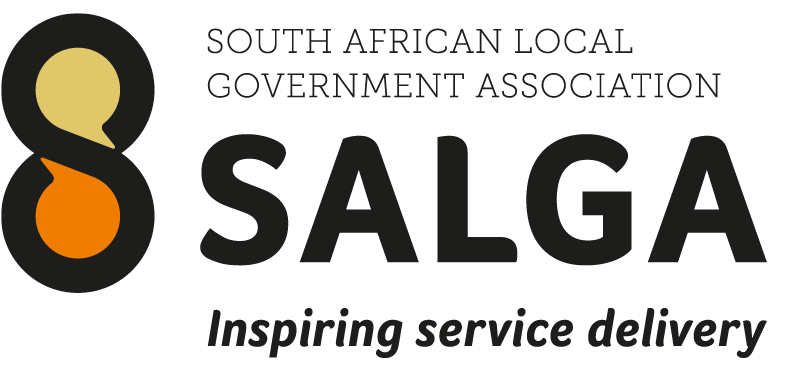

How might we use emerging digital technologies to make investments in public water and sanitation infrastructure more efficient?
-
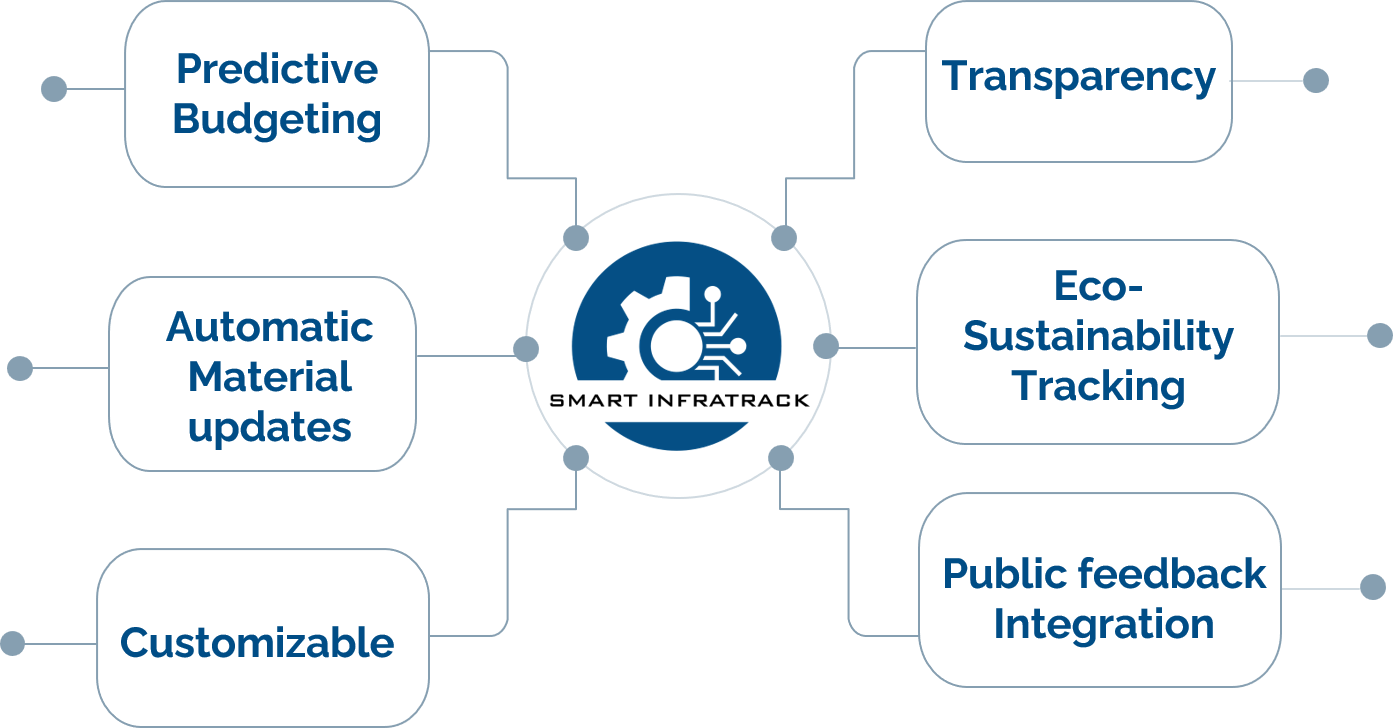
Tanzania 3
Introduction and Background Almost 2.4 billion people lack access to improved sanitation… ➔
-
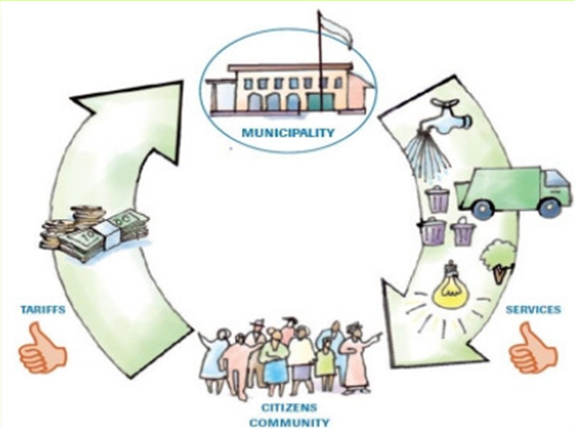
South Africa 3
Unlocking the Power of Transparency: GreenSync’s Revolutionary Approach to Corruption-Free Infrastructure Procurement.… ➔
![Team [YA-TA-3]](https://2024.nextgenerationaction.com/wp-content/uploads/Slide16-1200x675.jpg)
![Team [YA-IN-1]](https://2024.nextgenerationaction.com/wp-content/uploads/Slide15-2-1200x675.jpg)
![Team [YA-SA-3]](https://2024.nextgenerationaction.com/wp-content/uploads/Slide17-1200x675.jpg)
![Team [YA-GA-2]](https://2024.nextgenerationaction.com/wp-content/uploads/Slide18-1200x675.jpg)
Challenge 4
Statistical data to promote Quality Education
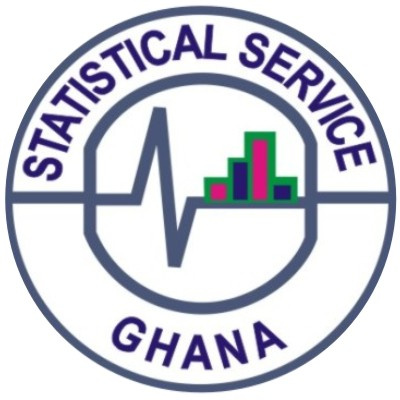
How might we leverage emerging technologies to inform parent’s decision to choose an education facility for their kids using census and education data?
![Team [YA-GA-3]](https://2024.nextgenerationaction.com/wp-content/uploads/Slide21-2-1200x675.jpg)
![Team [YA-DK-1]](https://2024.nextgenerationaction.com/wp-content/uploads/Skaermbillede-2025-01-09-163428-1200x676.png)
![Team [YA-CO-1]](https://2024.nextgenerationaction.com/wp-content/uploads/Slide22-1200x675.jpg)
![Team [YA-KR-2]](https://2024.nextgenerationaction.com/wp-content/uploads/Slide20-1200x675.jpg)
Challenge 5
Data driven water security and safety


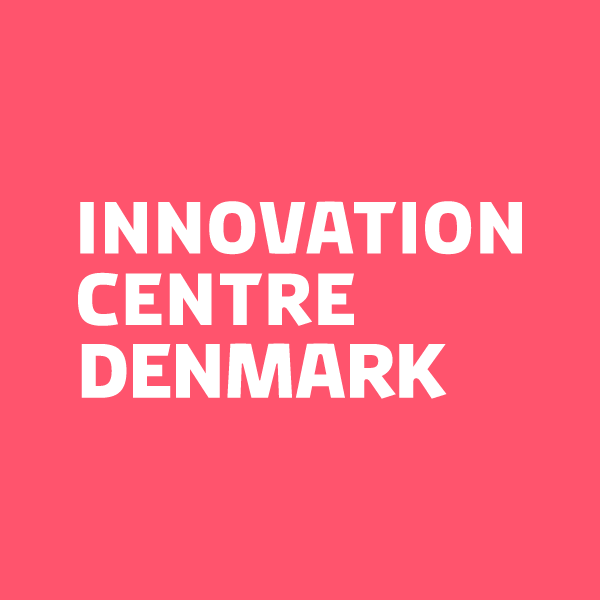
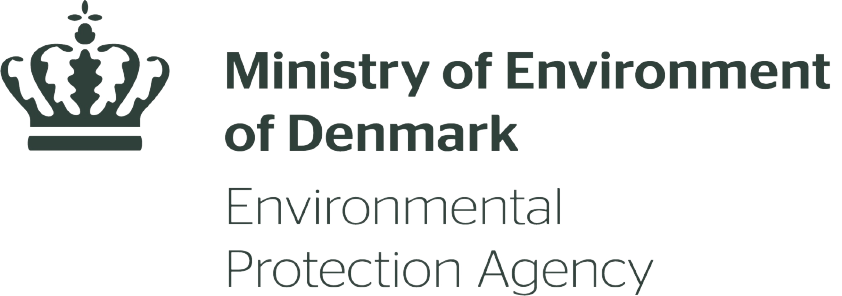
How might we use emerging technologies to assist in better water resource assessments, leveraging data to provide water security and safety for domestic use?
-
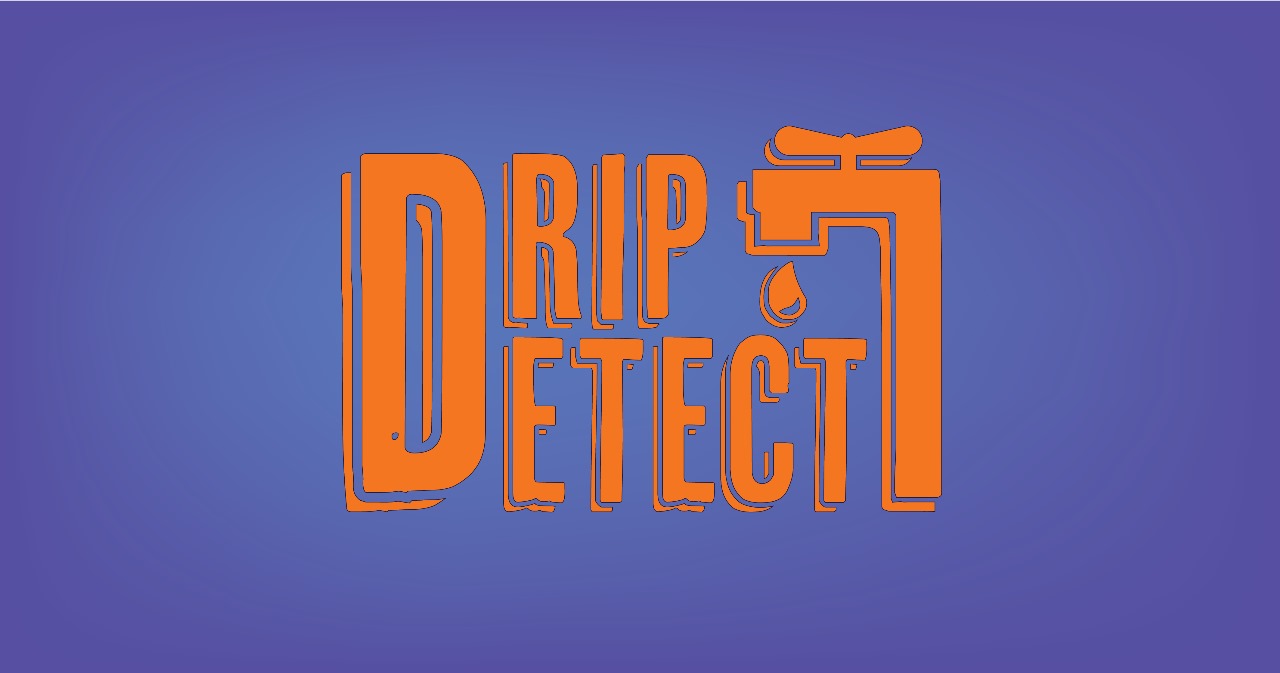
South Africa 1
Challenge 5: Data-driven water security and safety Data-Driven Water Management: Unlocking Insights… ➔
![Team [YA-IN-2]](https://2024.nextgenerationaction.com/wp-content/uploads/Slide25-1200x675.jpg)
![Team [YA-KE-1]](https://2024.nextgenerationaction.com/wp-content/uploads/YA-KE-1-1-1200x579.png)
![Team [YA-MX-2]](https://2024.nextgenerationaction.com/wp-content/uploads/Slide28-1200x675.jpg)
![Team [YA-SA-1]](https://2024.nextgenerationaction.com/wp-content/uploads/Slide27-1-1200x675.jpg)
![Team [YA-DK-3]](https://2024.nextgenerationaction.com/wp-content/uploads/Slide24-1200x675.jpg)
Challenge 6
Enhancing Climate Resilience in Remote Communities Using Data and Technology
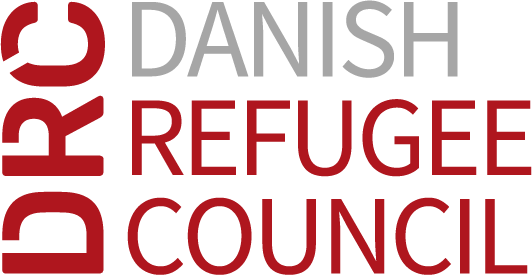
How might we enhance climate resilience in remote communities using data and technology?
-
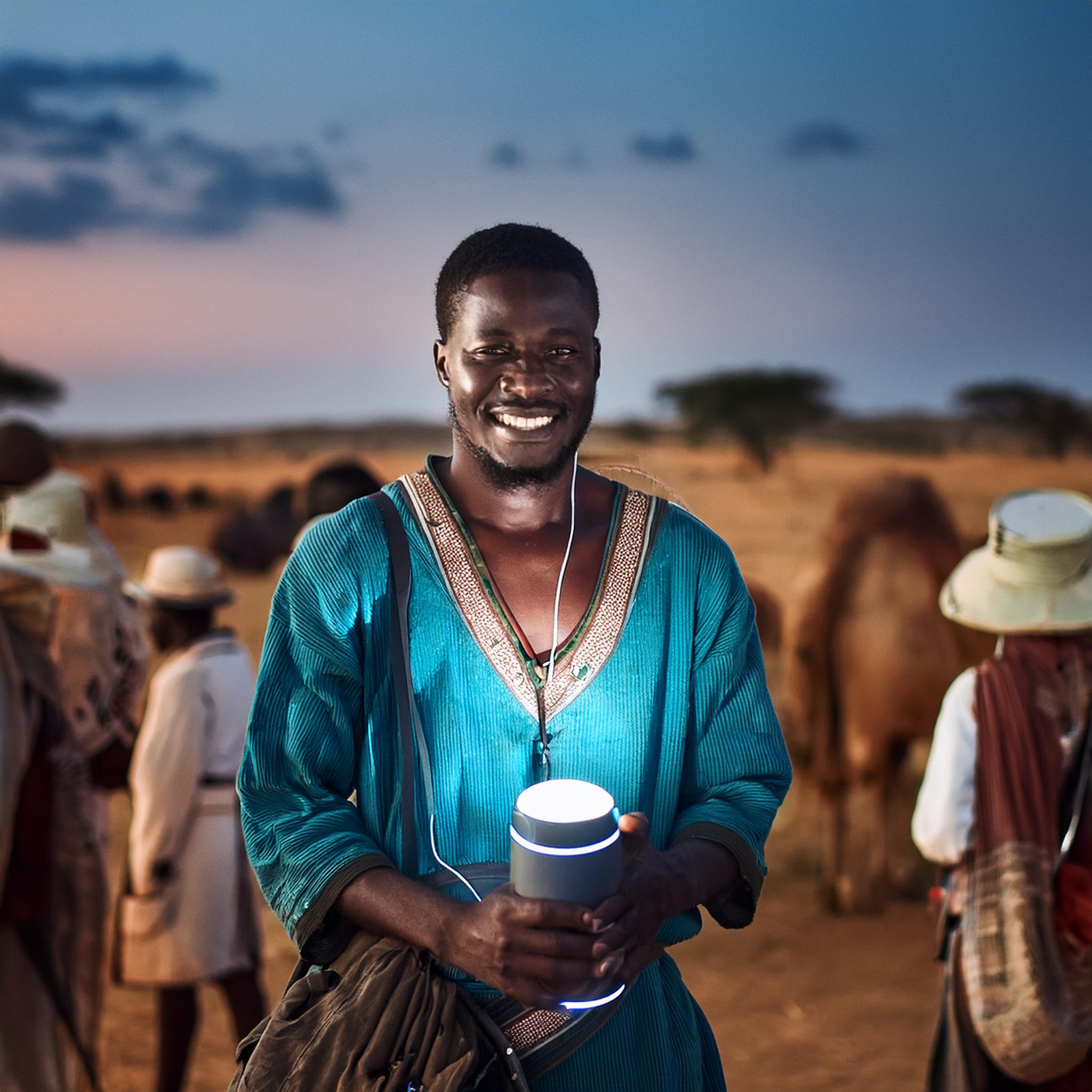
Colombia 2
INETBANK: Enhancing climate resilience in remote communities using data and technology… ➔
-

Tanzania 1
ENHANCING CLIMATE RESILIENCE IN REMOTE COMMUNITIES USING DATA AND TECHNOLOGY CASE STUDY:… ➔
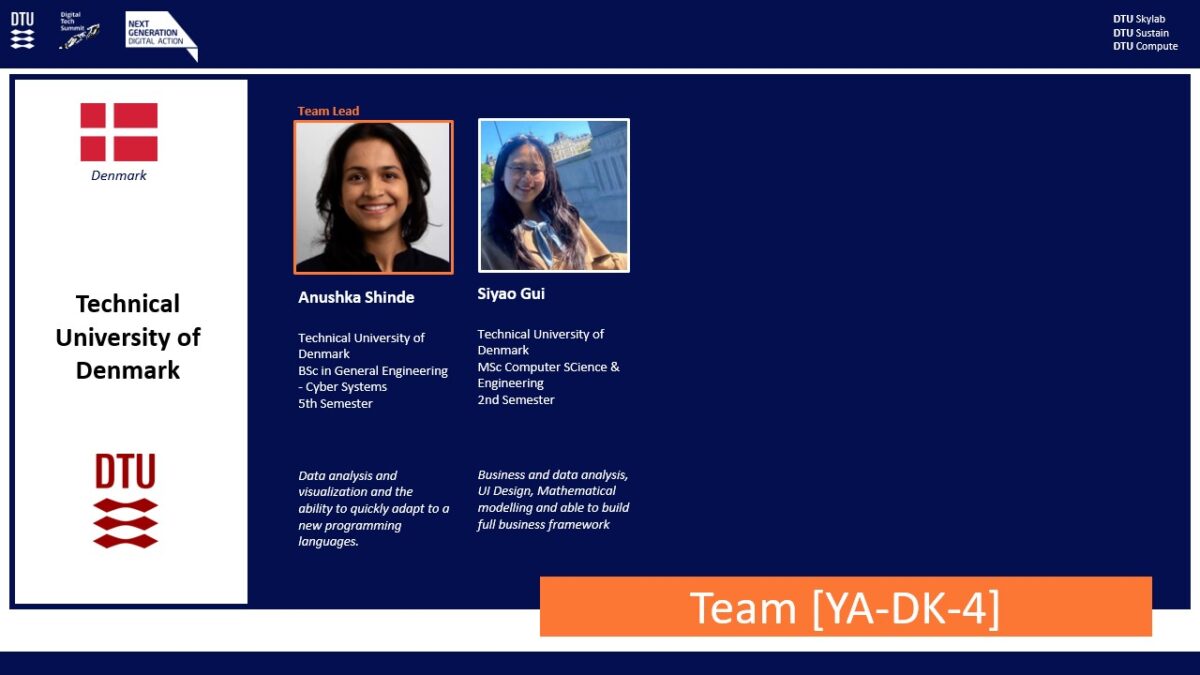
![Team [YA-KE-2]](https://2024.nextgenerationaction.com/wp-content/uploads/Slide31-2-1200x675.jpg)
![Team [YA-MX-3]](https://2024.nextgenerationaction.com/wp-content/uploads/Slide34-1200x675.jpg)
![Team [YA-CO-2]](https://2024.nextgenerationaction.com/wp-content/uploads/Slide33-1200x675.jpg)
![Team [YA-TA-1]](https://2024.nextgenerationaction.com/wp-content/uploads/Slide32-1-1200x675.jpg)


